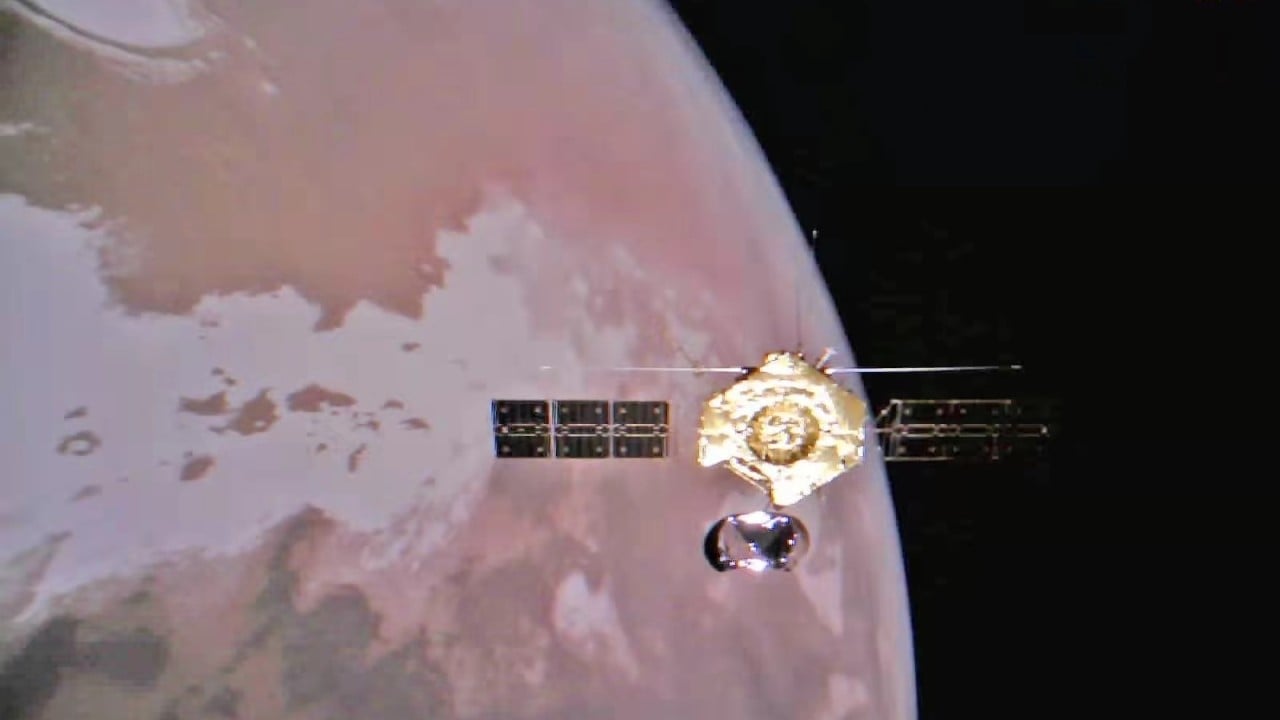
Think bigger and build on basic research, Chinese scientist says
- Astrophysicist asks whether Chinese people can really be confident if their textbooks are based on work from the West
- But there are concerns about spending billions on major ambitious projects
Leading scientists and policy experts in China have called for greater support for basic research, saying it is a key to cultural confidence.
At a TED-like event in Beijing on Saturday, astrophysicist Zhang Shuangnan said science and technology were major components of modern civilisation.
“How can Chinese people really be confident in their culture while textbooks are full of the names of foreign scientists, and all the knowledge they grow up learning is from the West?” said Zhang from the Institute of High Energy Physics under the Chinese Academy of Sciences.
“I asked myself, what does it take for such an ambitious and risky project to succeed? One thing seems to be sure: our American colleagues have the confidence to take on the job and explore the universe on behalf of all human beings,” Zhang said.
Basic research aims to better understand the fundamentals of how nature works, such as astronomy and mathematics. It often has no immediate applications but can be the basis of scientific and technological innovation.
Chen Kaihua, from the Institutes of Science and Development in Beijing, said China was a latecomer to basic research.
“Basic research has become especially important as China embarks on a new era of innovation,” Chen said.
China has been steadily increasing spending on basic research over the decades, reaching 169.6 billion yuan (US$26.09 billion) in 2021, or about 6 per cent of the total expenditure on research and development.
In comparison, basic research in developed countries accounts for more than 15 per cent of R&D spending.
As part of this research drive, China has developed particle colliders, telescopes, and spacecraft.
The telescope started operating in 2016, and results from the sophisticated device have been published in top-level academic journals.
But ambitions to spend tens of billions of dollars building what would be the world’s most powerful particle collider have been openly criticised by Chinese-born physics Nobel laureate Chen Ning Yang.
“A super collider is not for today’s China,” Yang wrote in The Intellectual, a WeChat account for the scientific community. “China still struggles with more acute issues such as economic development and environmental protection.”
Chen said China faced practical challenges in pursuing cutting-edge basic science, including its lower level of GDP, which limited its capacity to fund pure research.
Another common challenge was that fundamental breakthroughs had become increasingly difficult to make worldwide due to technological limitations, Chen said.
He said that in a first for China, the central government would soon release its Decadal Planning for Basic Research (2021-2030) for more systematic deployment and funding of basic research.



